Travelling in fall allows cooler heads and sharper senses, the sort required to truly notice what makes these lands memorable. The season draws out traditions, warms the drink, enriches the food, and gives a gentle theatricality to the old tales whispered across forest paths and cobbled lanes.
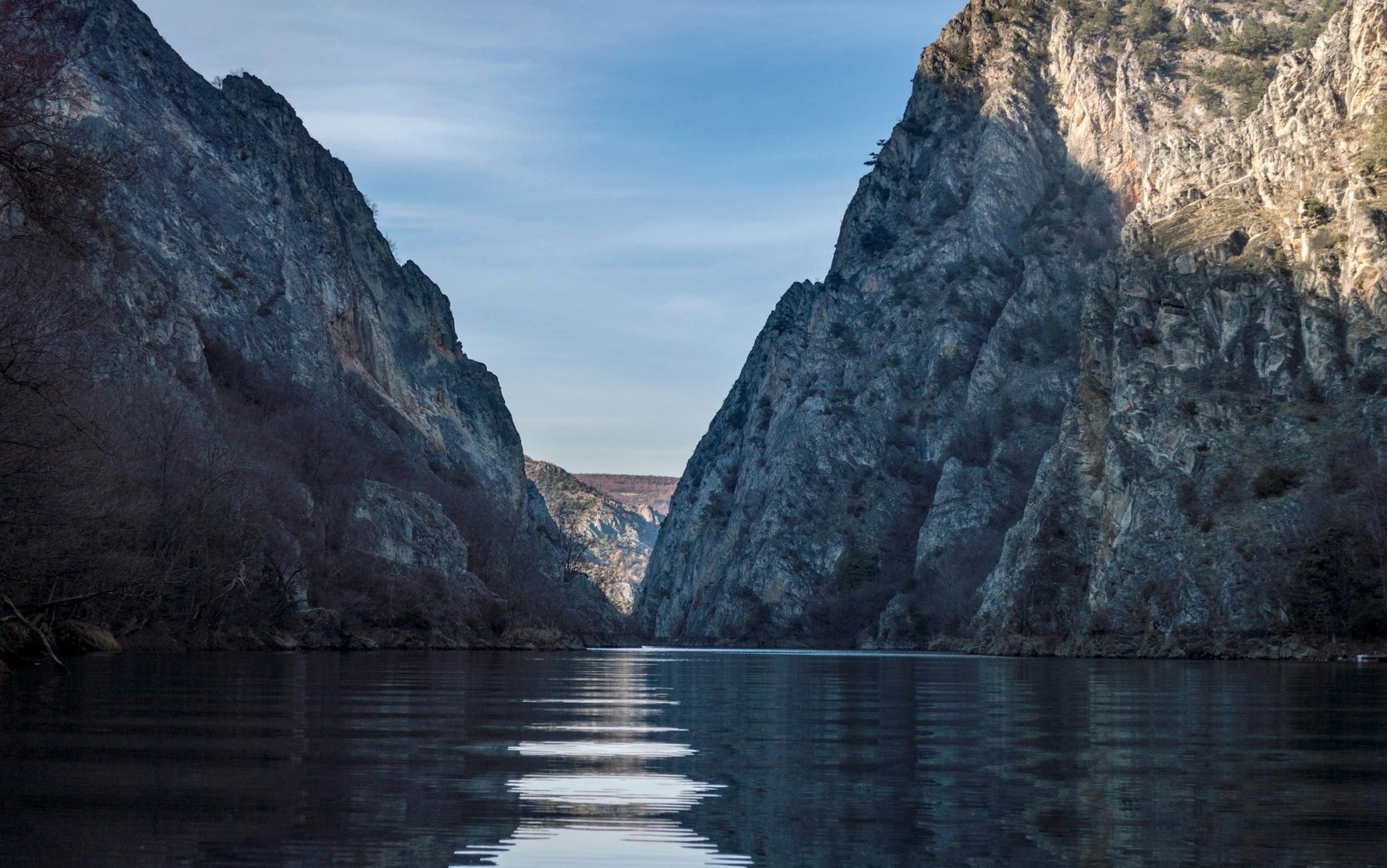
Lore, Firelight and Autumn Superstition
The Balkans hold tight to their stories. In many places, myth clings to the land like morning fog. Old beliefs shape gestures, symbols hang in doorways, and folklore drips into conversation without ceremony. Autumn has a way of sharpening this. With colder air and shorter days, the season nudges tradition closer to the surface.Each country carries variations, yet certain themes appear again and again. Forest spirits, cursed rivers, singing stones, and women who vanish on feast days pass through generations with minimal explanation. Villages in southern Serbia carve pumpkins long before foreign holidays suggest it. In the mountains of Montenegro, the first chill invites storytelling by the hearth, with tales of shapeshifters and wandering monks who light no shadow.
Witches take many names. Some speak of an old woman with a spinning house, whose cruelty depends on your manners. That figure, widely known as Baba Yaga, appears in different forms across the region. She has even found a place in modern imagery, showing up in an online casino game Baba Yaga Tales, where her enchanted hut spins across the screen. Those raised with these stories will recognise the fire, the shadows, and the warning behind the image. The elements remain because the region still carries them.
Slovenia's Autumn Charms
Slovenia, stitched neatly between the Alps and the Adriatic, softens beautifully in fall. Ljubljana sheds its summer visitors and reverts to a rhythm marked by café murmurs and chestnut vendors on street corners. The market square near the river turns earthy in tone, with mushrooms, honey, and wild game appearing among the produce. Lake Bled feels different in autumn, more secretive. The golden trees huddled around the lake reflect against the water like they are peering into their own age.The nearby Julian Alps keep things cooler. Kranjska Gora offers forest trails where the crackle of dried leaves is interrupted only by the occasional accordion tune drifting from a cabin. Wine season spills into November, and Slovenians are generous with tastings of Teran and Refošk. Local folklore gets retold around fireplaces in small inns, including stories of witches from the Karst plateau and forest spirits that, thankfully, behave better than their cousin Baba Yaga.
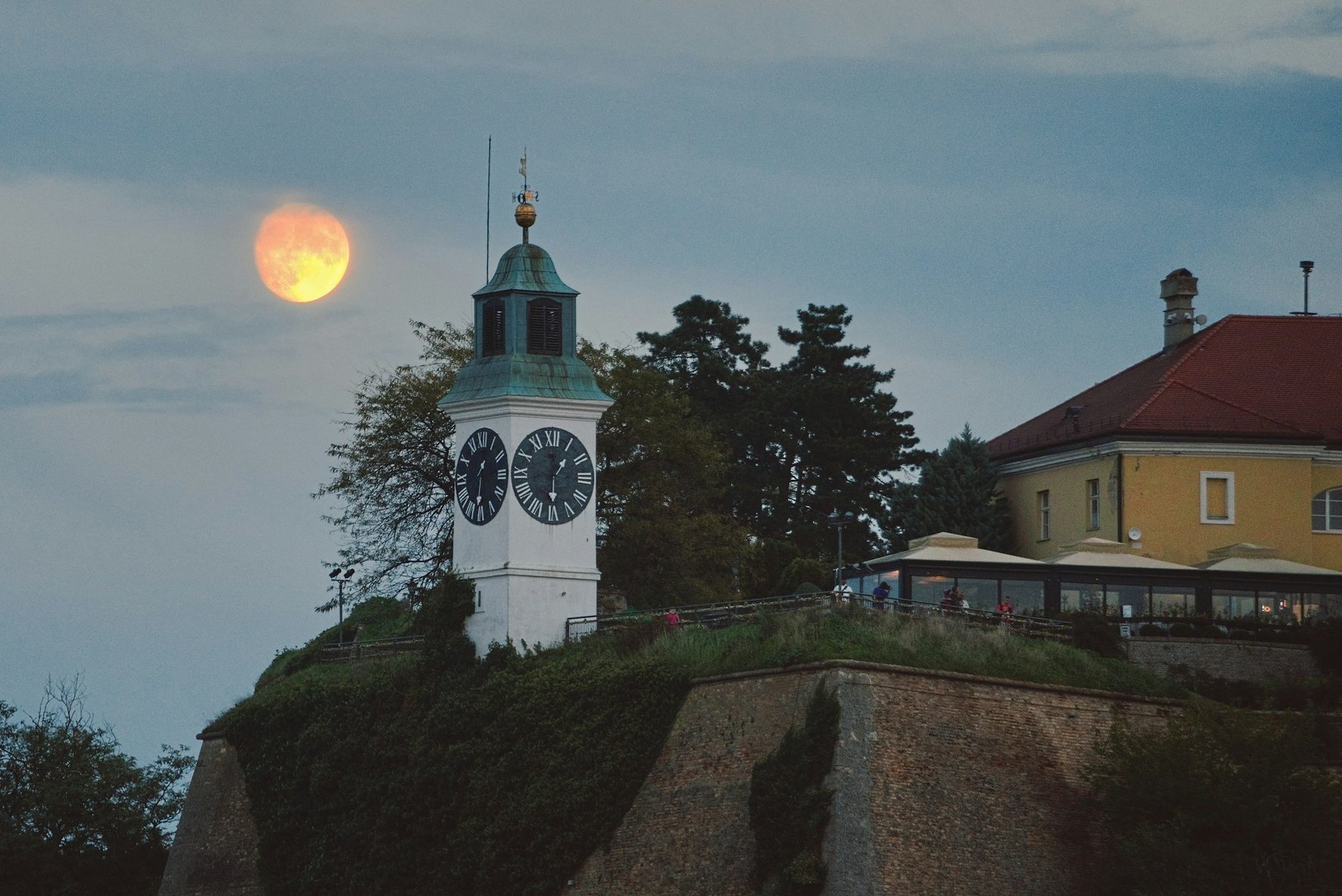
Serbia: Music, Smoke and the Smell of Roast Peppers
Serbia does autumn with authority. Belgrade becomes a city of long meals and longer songs. The kafanas around Skadarlija fill with the aroma of roasted peppers and simmered beans, while tamburica players go from table to table providing the kind of live music that turns dinner into theatre. Smoky grills dominate corners of every town, often with urns of boiling rakija in the background.In the countryside, plum brandy is stored, festivals gather pace, and meals stretch through the afternoon. Novi Sad, facing the Danube, hosts wine festivals and harvest events that focus less on show and more on flavour. Fruška Gora wears its vineyards like a borrowed coat, and autumn suits it well.
Macedonia’s Golden Season
Skopje in fall has a confident pace. The stone bridge and Ottoman quarter soften under the orange light, and bakeries fill the air with the scent of warm burek. Autumn here is a slow exhale, when the air cools enough for walking but remains kind enough for terraces. Matka Canyon becomes quieter. The narrow boat rides through the gorge feel more like journeys and less like queues.Ohrid’s lake reflects the season with a painter’s flair. Gold, copper, and a touch of pine green dominate the frame. Monasteries around the lake host smaller gatherings where folk music and singing take over the silence of the woods. Trout, roasted over open flame, finds its way to every plate worth sitting at.
Croatia After the Crowds
Once the cruise ships vanish, Croatia settles into itself. Dubrovnik’s streets grow wide again, no longer bridged by selfie sticks and sunburn. The city stone, washed in rain, reflects a different kind of light. It is less blinding, more honest. Inland, the Plitvice Lakes turn theatrical. Trees set the stage, waterfalls play their part, and the walkways feel like invitations rather than queues.Zagreb, often ignored in summer, becomes Croatia’s main draw in autumn. The city leans into harvest traditions. Roasted corn, mulled drinks, and seasonal pastries take over the markets. Locals talk slower, walk slower, and the city’s Austro-Hungarian bones creak with pleasure.
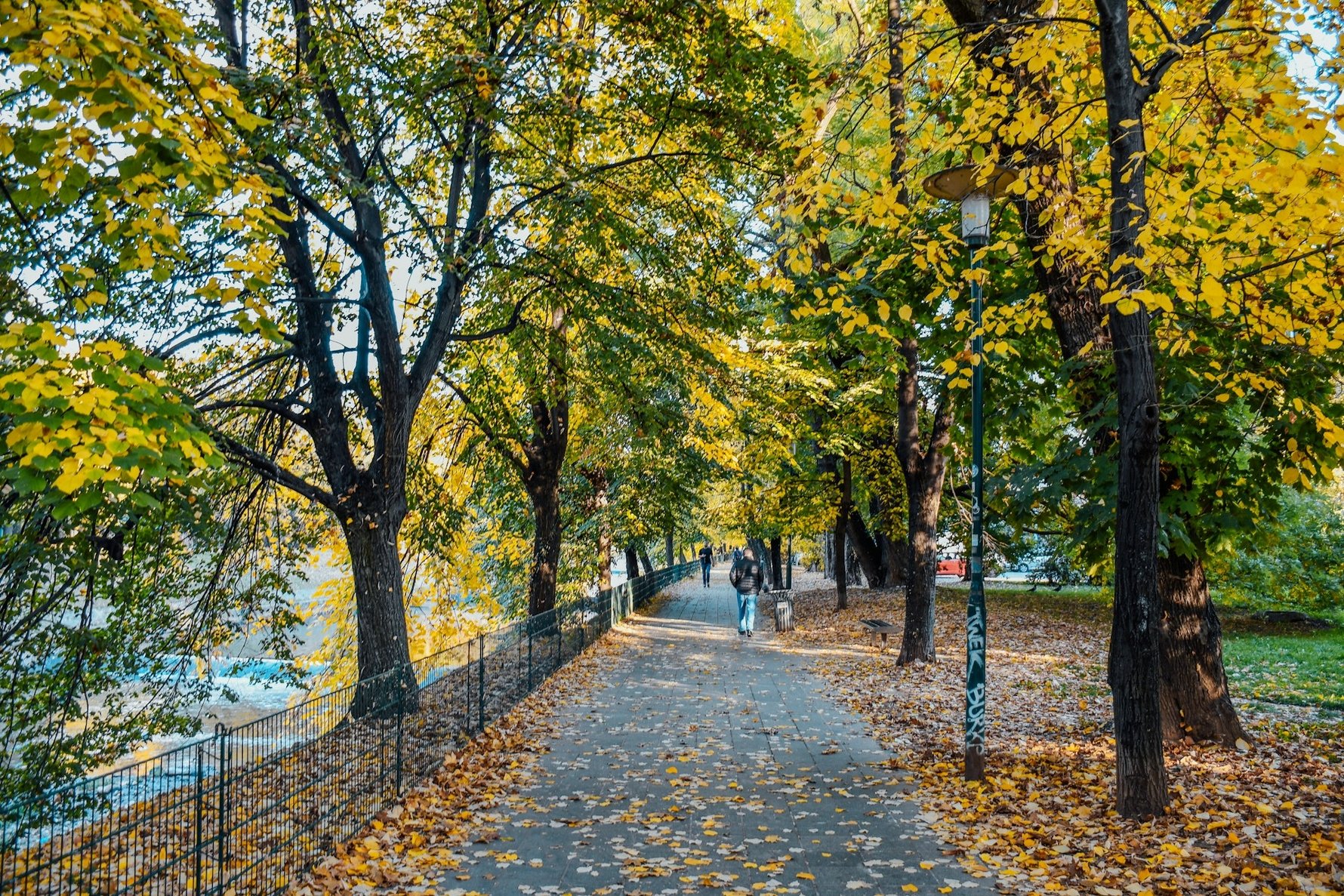
Bosnia and Herzegovina: Fog, Fire and Strong Coffee
Sarajevo wears fall like a wool coat. The morning fog settles along the Miljacka, and Baščaršija wakes with the hiss of coffee pots and the smell of fresh somun. Here, fall is made for stories. Minarets slice through the grey sky, and mosques echo with a kind of silence that feels old.Meat dishes grow heavier as temperatures dip. Ćevapi still rule the grills, but stews and stuffed peppers claim their place too. In mountain towns like Travnik or Jajce, cafés offer windows into forests thick with colour. The cold air bites, but only enough to remind the body that a hot drink is close.
Montenegro’s Coastal Calm and Highland Fire
Kotor Bay in October belongs to the locals again. The churches ring faintly across the water, and the autumn sun reflects off the walls with a kindness that summer never allows. Walking through Perast in fall feels like being let in on a secret. The mountains above wear their changing leaves like embroidery, and fishermen mend nets rather than chase tourists.Up in Durmitor, the air thins. The black pines smell stronger, and the trails crunch with frost. Markets in Žabljak trade in smoked meats and cheeses, and the people speak with the directness of those who live close to the elements. Folk music here leans into rhythm more than melody. Drums speak first, and the fiddle joins when ready.
Kosovo’s Rhythms and Recipes
Prizren shines in October. The river threads through the town like punctuation, and the hills around it flicker in shades of bronze. The old town, a mix of Ottoman stone and modern bustle, is known for its food. Grills cook meat over woodfire, and flaky pastries crowd every bakery window.Autumn brings special dishes. Flija, made of layered batter and cooked under a bell-shaped lid with burning embers on top, becomes a weekend staple. Music, mostly played live in cafés, follows a rhythm that skips between melancholy and laughter. The songs tend to end in choruses everyone already knows.
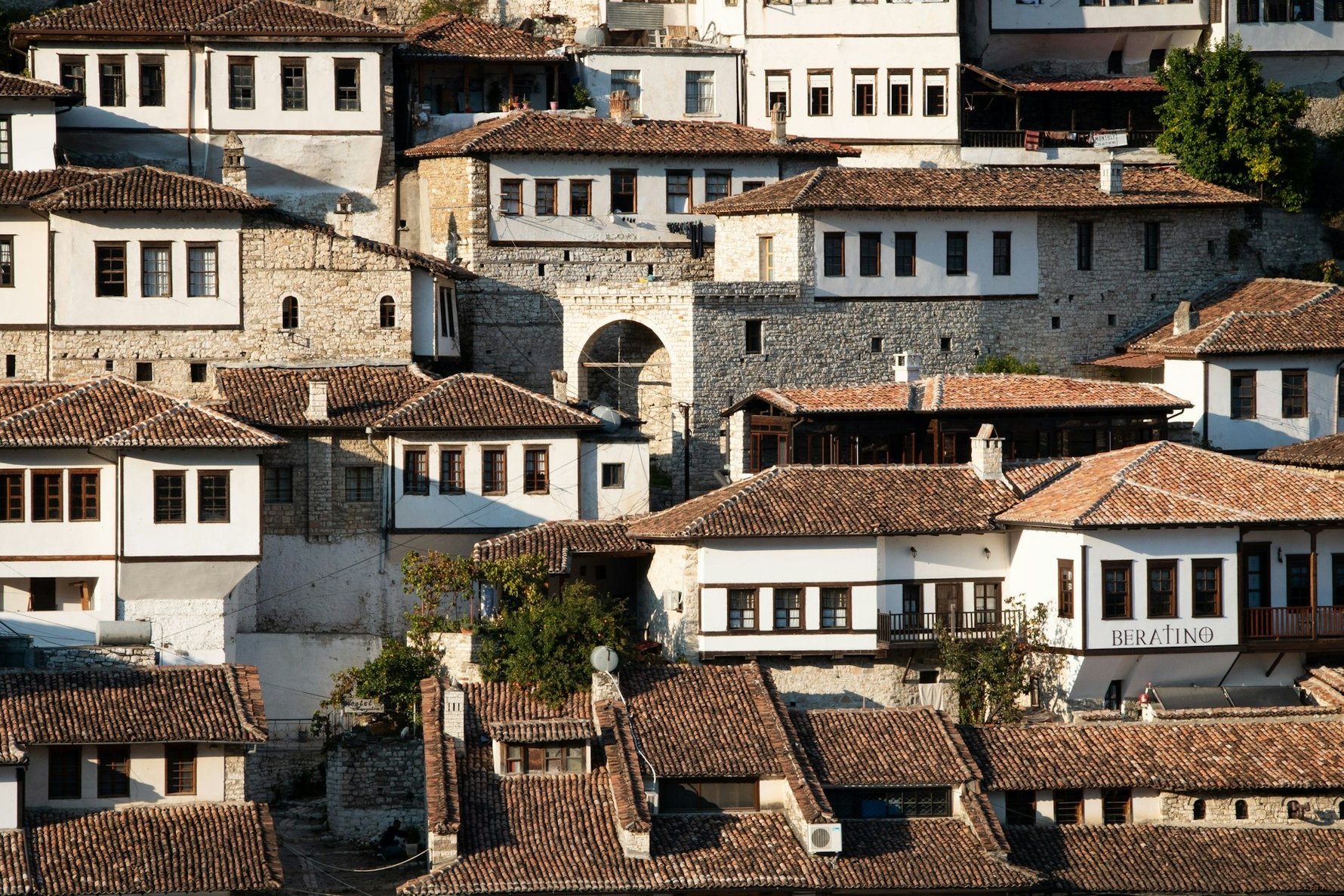
Albania: Mountains, Markets and Old Stories
In the north, the Accursed Mountains drop their veil of summer and sharpen their outline. Valleys become colder, colours richer, and the walk between guesthouses more appealing. The locals know fall by the scent of roasted chestnuts and by the way coffee is poured a little slower.Tirana becomes more reflective as autumn arrives. The parks fill with walkers rather than crowds, and the markets shift toward pumpkins, nuts, and preserved fruits. South of the capital, Berat and Gjirokastër embrace the season fully. Stone houses radiate warmth from within, and guests are given sweet raki before they even think of asking.
The country’s traditions thread through the season. Songs are sung with less volume but greater intent. Food becomes ceremonial. The preparation of byrek, filled with leeks or spinach, is done with precision passed down through generations.
Fall Means Time, Not Rush
The Balkans do not sprint into autumn. The season unfolds at walking pace. There is time to listen to an old man explain why this wine is better this year. Time to watch steam rise from a clay pot of beans or follow the sound of a distant clarinet through a narrow street.What makes fall better in this region comes down to how much more it gives once it no longer tries to please the crowds. Fewer filters, more flavour. The trees change, but so does the tone of everything else. The land breathes slower. The music lingers longer. The stories ask to be heard again.


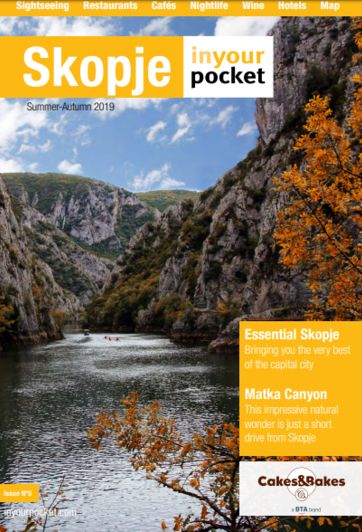


Comments